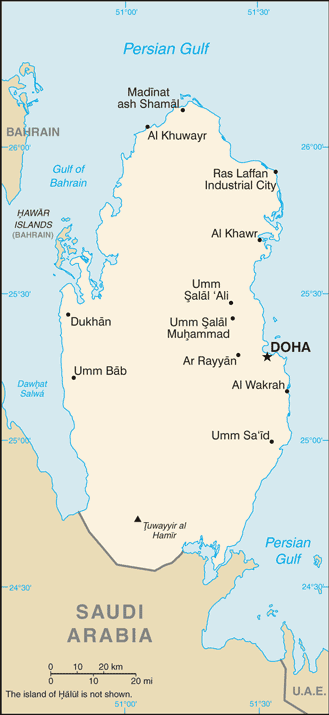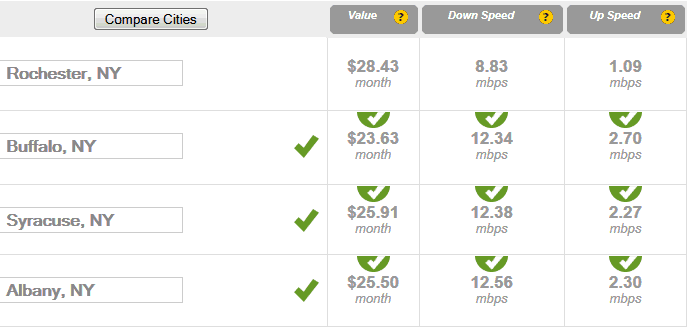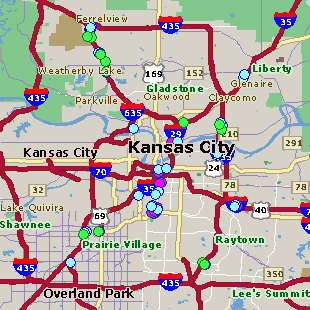The kingdom of Qatar announced broadband is of urgent importance, and has unveiled plans to deliver fiber-to-the-home broadband, phone and television service to 95 percent of the country by the end of 2015.
Under the auspices of a newly formed public-private venture, the Qatar National Broadband Network Company will construct the near-universal fiber network, extending it to every business and home it can reach. On that network, private providers, including Qtel and Vodafone, will market their products and services to government, business, and consumers.
“The Qatar National Broadband Network represents a bold step forward in Qatar’s drive to be a leading knowledge economy. Ubiquitous access to a high-speed network is essential to business development, economic growth, innovation and enhanced government services for our citizens. This network will do more than connect Qatar to the world; it will truly help enrich the lives of those who live here,” said Dr. Hessa Al-Jaber, who leads broadband development matters inside the kingdom.
The project is specifically designed to address Qatar’s current broadband marketplace — slow and expensive. Qtel markets its landline customers up to 8Mbps DSL at prices that can exceed $100 a month, but few customers actually achieve 8Mbps results. The project would largely replace the kingdom’s copper-based phone network.
“A lot of Qatari citizens don’t use fixed line DSL and prefer the country’s mobile broadband networks which can be cheaper and even faster than DSL,” Abdul Al-Attiyah, who lives in Doha, tells Stop the Cap! “This fiber network will bring 100Mbps service to just about everyone at prices a fraction of what we pay for DSL today.”
Al-Attiyah recently had the opportunity to communicate with the kingdom’s telecommunications ministry on the issue of bandwidth caps.
“I asked them if there were any plans to allow providers to limit how much broadband service Qataris could use, because we have caps on mobile broadband today, and I was assured there was never any point to limit use on a limitless capacity fiber network,” Al-Attiyah says.
“Fiber is also a far better solution than wireless broadband because of congestion issues,” he adds.
Qatar is a small country — about the size of the state of Connecticut, and is located on a peninsula adjacent to the Kingdom of Saudi Arabia. Thanks to significant oil and gas revenues, the kingdom enjoys the highest G.D.P. in the world, and will soon be one of the leaders in broadband as well.


 Subscribe
Subscribe






